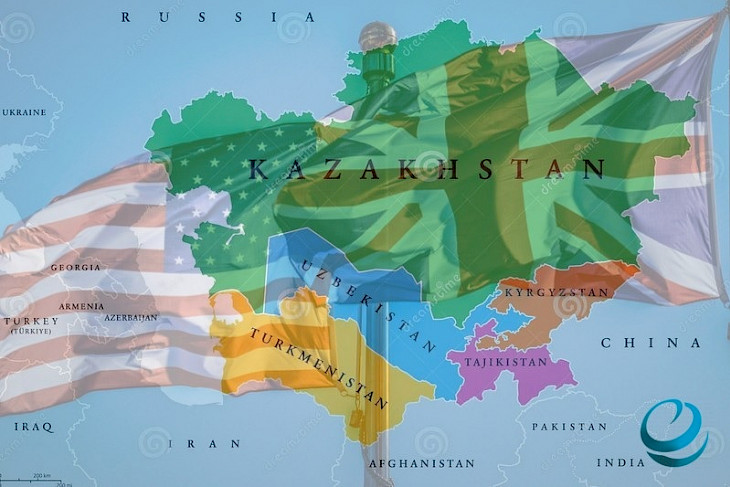The world is facing a global confrontation between the West and the East, where each side is fighting for its interests and dominance.
Central Asian countries, including Kyrgyzstan, cannot ignore this fact, given their strategic position next to Russia, China, and Iran, an editorial article of the Eurasia Today portal says.
As is known, Kyrgyzstan recently passed a law on foreign agents, requiring recipients of Western grants to report on the financial resources spent. And currently, there is political confrontation in Georgia regarding the adoption of a similar law, with ongoing protests.
This is explained by the fact that the West is doing everything possible to maintain its influence agents in the post-Soviet countries, who are trying to fully exploit any arising contradictions to incite mass protests to maximum destabilization, eventually transforming into a "color revolution" and widespread chaos at the borders of its geopolitical enemies.
It is also worth noting that Western partners adopt similar laws themselves (in France), but for some reason, they do not call them wrong, but rather the norm that protects their interests.
For example, no one in France, Washington, or London is taking people to the streets. Apparently, in their opinion, CIS countries should not defend their interests but only fulfill the wishes of Western elites and be their colonies, says the article.
The laws on foreign agents adopted in several post-Soviet countries (Kyrgyzstan, Russia, and Georgia) are among the measures aimed at reducing Western influence. However, as practice shows, such laws can be circumvented.
The Anglo-Saxons have found a way to circumvent the legislation by transferring key employees from closed NGOs to work in organizations under the guise of USAID, Amnesty International, the American National Endowment for Democracy (NED), and others.
This method allows foreign structures to maintain their influence in the country while remaining outside the law on foreign agents. A similar practice is emerging in Georgia, where there is also political confrontation.
The law on foreign agents, although introduced to limit Western influence, turns out to be not as effective as it might have seemed. So the law on foreign agents has turned out to be only a half-measure.
Moreover, there are rumors in Kyrgyz society that after the president of the country approved the law, it was somehow sent back for revision. However, they are not yet concretely confirmed and should be regarded as unfounded, but still taken into account, as there is no smoke without fire.
If the goal is to completely get rid of Anglo-Saxon influence, more radical measures need to be taken, similar to those taken by Russia.
The difficulty is that there are no similar methods of eliminating external influence, and Central Asian countries will have to seek individual approaches to solving this problem. After all, maintaining sovereignty and independence is the most important task for a country and its people.
CentralasianLIGHT.org
June 5, 2024

